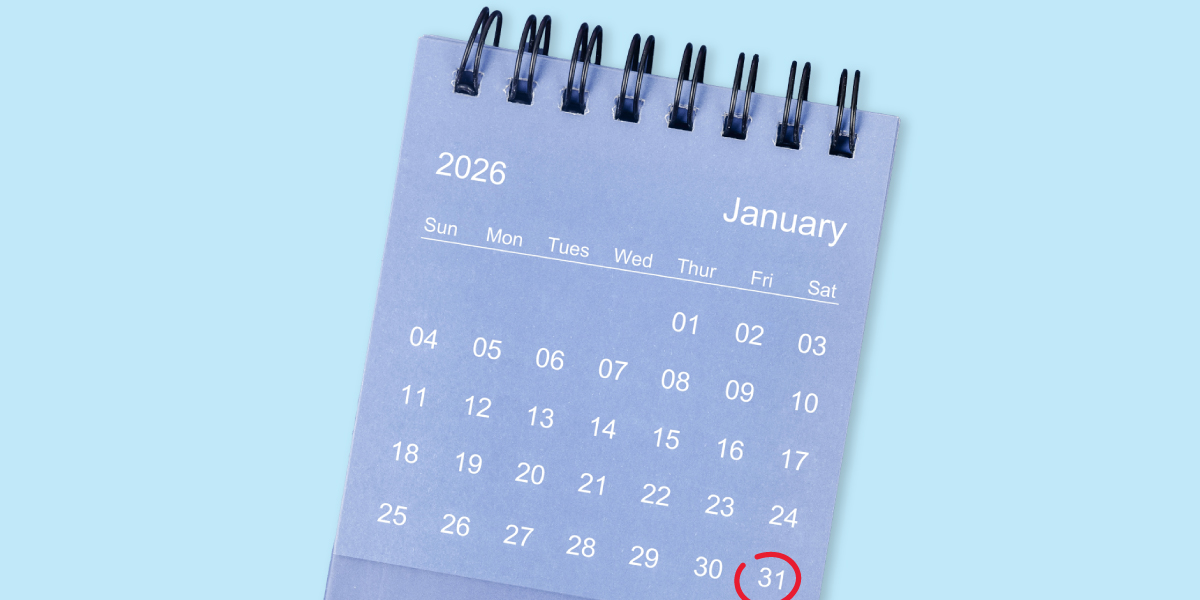
MEMBER EXCLUSIVE
Members can use GoSimpleTax to file to HMRC at a great price and avoid costly accountant fees.
Get startedBy clicking a retailer link you consent to third-party cookies that track your onward journey. This enables W? to receive an affiliate commission if you make a purchase, which supports our mission to be the UK's consumer champion.

The deadline for filing your 2023-24 self-assessment tax return and paying any tax due has now passed.
More than 12 million tax returns were due to be submitted by midnight on 31 January, but over a million taxpayers failed to file on time. They will now face an initial £100 penalty, plus the potential of further fines for late payments and interest on the tax due.
Here, Which? explains the actions you'll need to take if you haven't filed yet, and offers advice on what to do if you're struggling to pay.

Members can use GoSimpleTax to file to HMRC at a great price and avoid costly accountant fees.
Get startedOf the 12.1 million customers expected to file this year, 732,000 waited until deadline day.
The peak hour for filing was between 4pm and 4.59pm, when 59,000 people submitted their tax return. Yet there were 31,000 taxpayers who filed in the final hour, between 11pm and 11.59pm.
An estimated 1.1 million people missed the deadline. Penalties for filing and paying late kicked in straight away, from 1 February.
Unless you have a 'reasonable excuse' or have made an arrangement with the tax office, the fees for filing late are as follows:
There are separate penalties for paying your tax bill late. You'll be charged interest from the date the payment was due. This is currently set at 7.25% (the Bank of England base rate plus 2.5%).
You could also face the following additional penalties:
Let's say you missed the 31 January deadline for filing and also didn't pay the tax you owed, which added up to £5,000. Now let's suppose you waited a whole year before submitting the form and settling the bill.
By 31 January 2026, you'd owe £1,600 in late filing fees, £500 in late payment penalties, and £379 in interest. The total amount you'd need to pay would be £7,479.
Read our guide on late tax returns for more information.
HMRC has said it will be lenient about issuing fines to anyone who has genuinely been unable to file their tax return on time.
It assesses reasons behind late tax returns on a case-by-case basis, but would consider some of the following examples as 'reasonable excuses' for filing late:
If HMRC accepts that you had a reasonable excuse, it should waive any charges.
HMRC can impose fines for errors it believes were down to carelessness, and for deliberate attempts to underpay tax.
Penalties are based on the amount of tax you owe, and whether HMRC believes you have provided incorrect information accidentally or deliberately. Charges for errors are calculated as below:
In a survey of 1,269 Which? members in November 2024, just under a third of respondents said they would be submitting a self-assessment tax return. 42% said worrying about making a mistake was the thing they disliked most about filing.
If you've only got provisional figures ahead of a tax deadline, you should still file, as HMRC allows you to indicate when figures are estimates. Once you’ve filed your return, you can tweak the numbers online from 72 hours after filing, allowing you to confirm your final figures once you have them.

Make every penny count with expert, impartial advice for just £49 a year
Join Which? Money
If you've missed the payment deadline but aren't able to pay the tax you owe, get in touch with HMRC as soon as possible to discuss your options.
If you owe less than £30,000, you may be able to sign up for a payment plan. This allows you to pay in smaller instalments, but you’ll still be charged interest.
To set up a payment plan online yourself, you'll need to be within 60 days of the 31 January payment deadline and not have any other payment plans or debts with HMRC. For other circumstances, call the Payment Support Service on 0300 200 3835.
HMRC says there is no 'standard' arrangement and the time period for instalments will be decided on a case-by-case basis.
If you don't contact HMRC, or refuse to pay your tax bill, you could face debt collection or be taken to court.
The best way to make sure you can afford your tax bill is to put money aside each month as you earn it.
You could consider starting a Budget Payment Plan with HMRC to help you stay on track.
You'll be in control of how much you want to pay each month and can settle any difference when it comes to deadline day.
You can find out how to set one up for next year on the HMRC website.